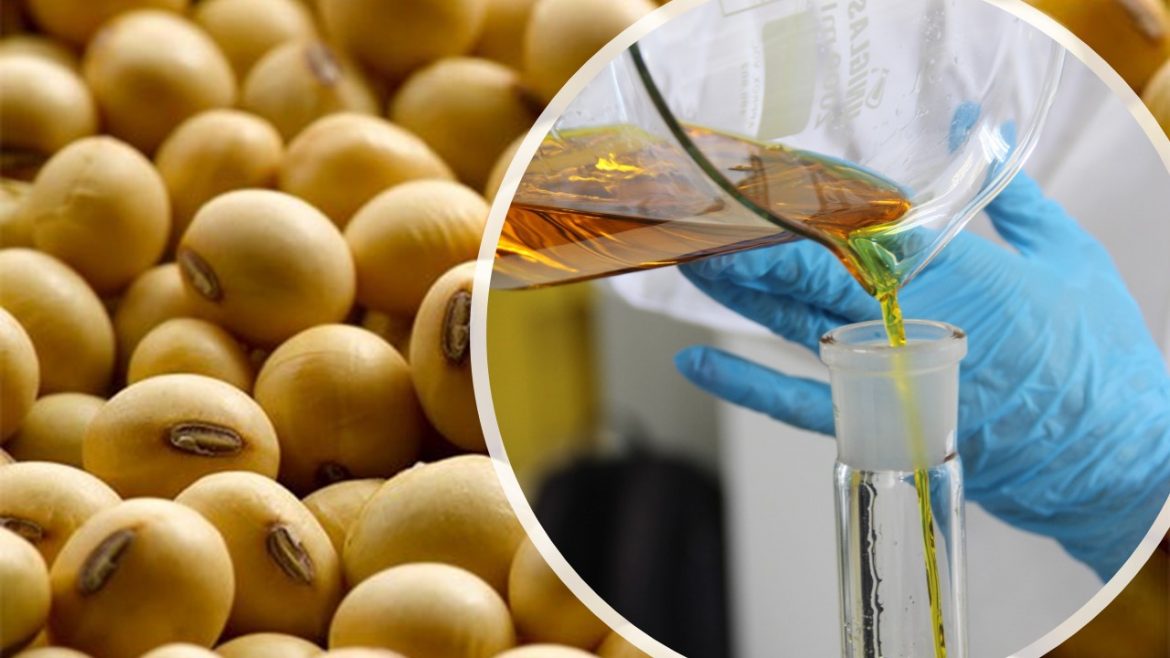There is no route of confrontation between food production and production of biofuels. This is an argument that we need to demystify. The effort made to produce the raw material for biofuels has not resulted in a decrease in food production.
We take soy as an example – what matters to the world is the solid part of the grain, the bran, which is protein and the basis of rations for the production of meat, eggs and milk.
Vegetable oil has always been a by-product of soy. Before the development of biofuel, at certain times of the year, during the soybean harvest period, oil was a serious problem, almost a liability. With the tanks full, the crushers had to stop because they had nothing to do.
The arrival of biodiesel added value to the entire chain, valuing vegetable oil and stimulating the production of bran for the food industry. With more resources, the farmer started to invest more in technology, started to produce more raw material and offer more soy bran to produce more chicken meat, more pork meat, more milk, products we buy in the supermarket.
In this sense, the bran becomes animal feed – a vegetable protein becoming animal protein, which can be consumed by humans.
Food production has grown with biofuels.
Today in the world we have registered an increase in biofuel production in the order of 4 to 6% per year. Human consumption of vegetable oil does not reach 1% in the same period.
Many countries are already investing in policies that aim to reduce the use of fats and hydrogenated fats. We need to eat more protein and less energy.
This is a positive route and it is the route that we need to explain.
Worldwide, stimulating the production of biofuel also promotes food production, not the other way around. Biodiesel is a friend of food production. If it weren’t for biodiesel, we wouldn’t be producing the amount of soy that is produced, and at the current level of profitability.
Raw materials for advanced biofuels
Advanced biofuels can be produced from different raw materials, which are divided into generations (classifications may differ from region to region, there is still no uniform definition of standards).
From the second generation, the raw materials are characterized as non-food, such as animal fats, used cooking oils and non-food crops.
The third generation considers forest waste, wood chips and sawdust, the liquid resin (tail oil) resulting from the manufacture of paper and urban waste (solid waste and landfill gas).
Raw materials considered renewable have a reduction of about 85% in the intensity of carbon emissions. Because of this, the Omega Green project aims to use only renewable energy and renewable solvents in its production process.


3 comment
Excelente matéria, muito esclarecedora com linguagem que nos faz entender muito bem a importância de toda a cadeia-produtiva envolvida bem como o valor agregado de um produto ( Ativo ) que no passado era um problema ( passivo ) para o setor, pois hoje ao produzirmos Biocombustíveis tendo um antigo passivo como matéria-prima, não só resolve-se um problema bem como se cria uma nova cadeia produtiva, agregando maior valor e importância ao Agro.
Mais fantasio ainda, é a segunda geração onde podemos ter uma gama maior de matérias-primas não alimentares e uma expressiva redução na intensidade da emissão de carbono , 85% , Simplesmente FANTÁSTICO .
Perfeita análise !! O combustível fóssil está sendo, ainda que em pequena escala mas importante, substituído pelo biocombustível, ação imperiosa na diminuição dos gases (C0²) nas grandes cidades e metrópoles mundiais. As montadoras já estão tocando projetos de veículo com energias sustentáveis. A Europa é um exemplo no cuidado de suas cidades !! E, o Brasil, têm esta participação inequívoca através do agronegócio sustentável.
1o puntos. EXCELENTTE……y bien clara la presentacion.